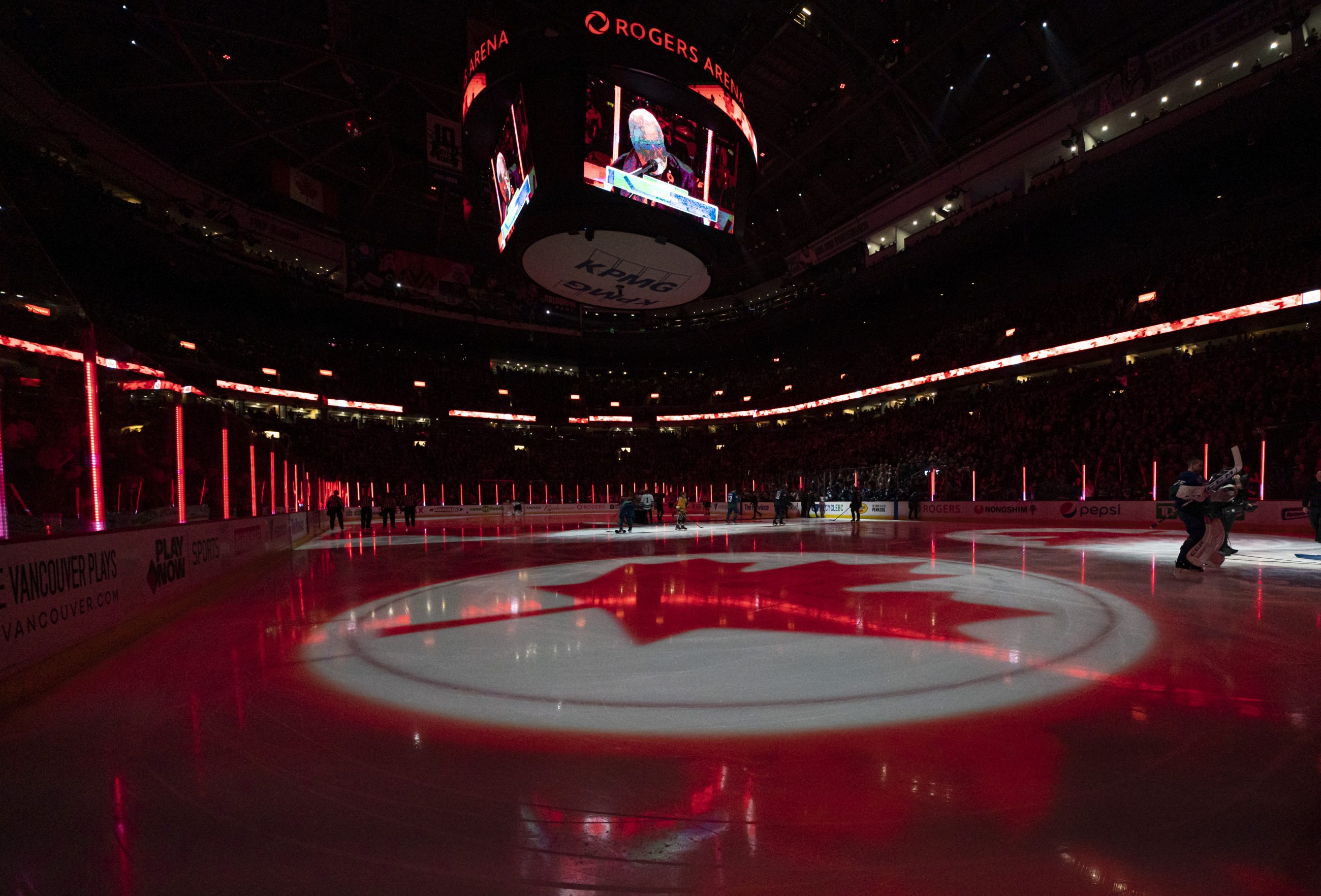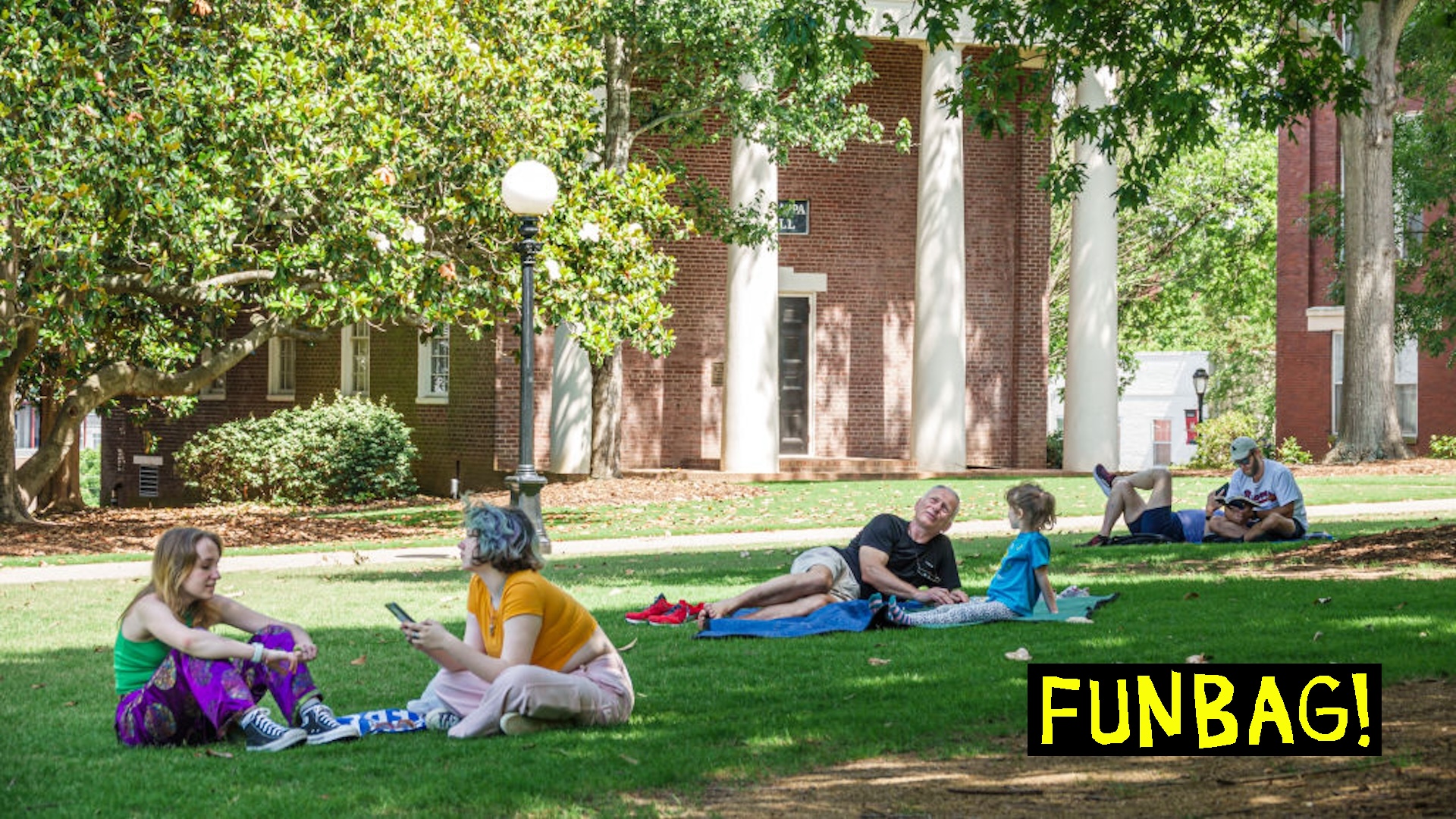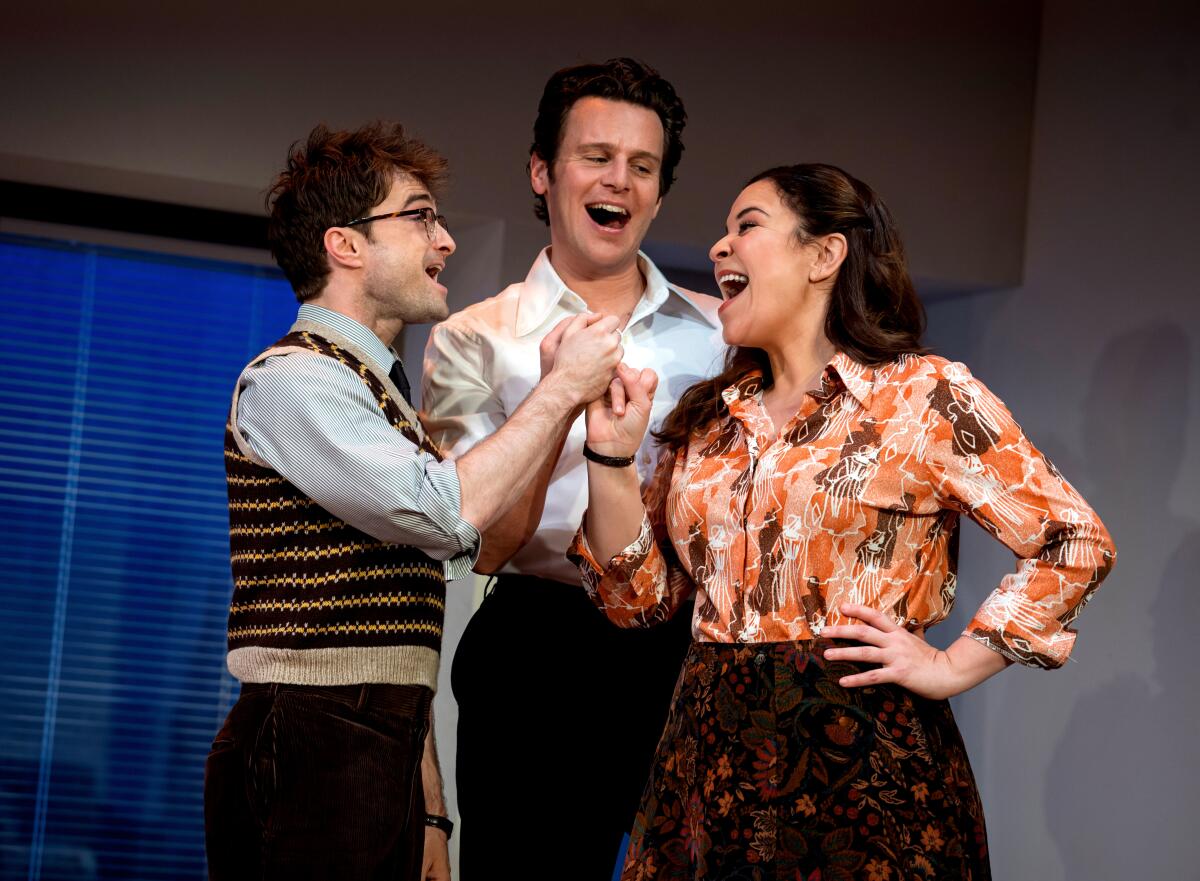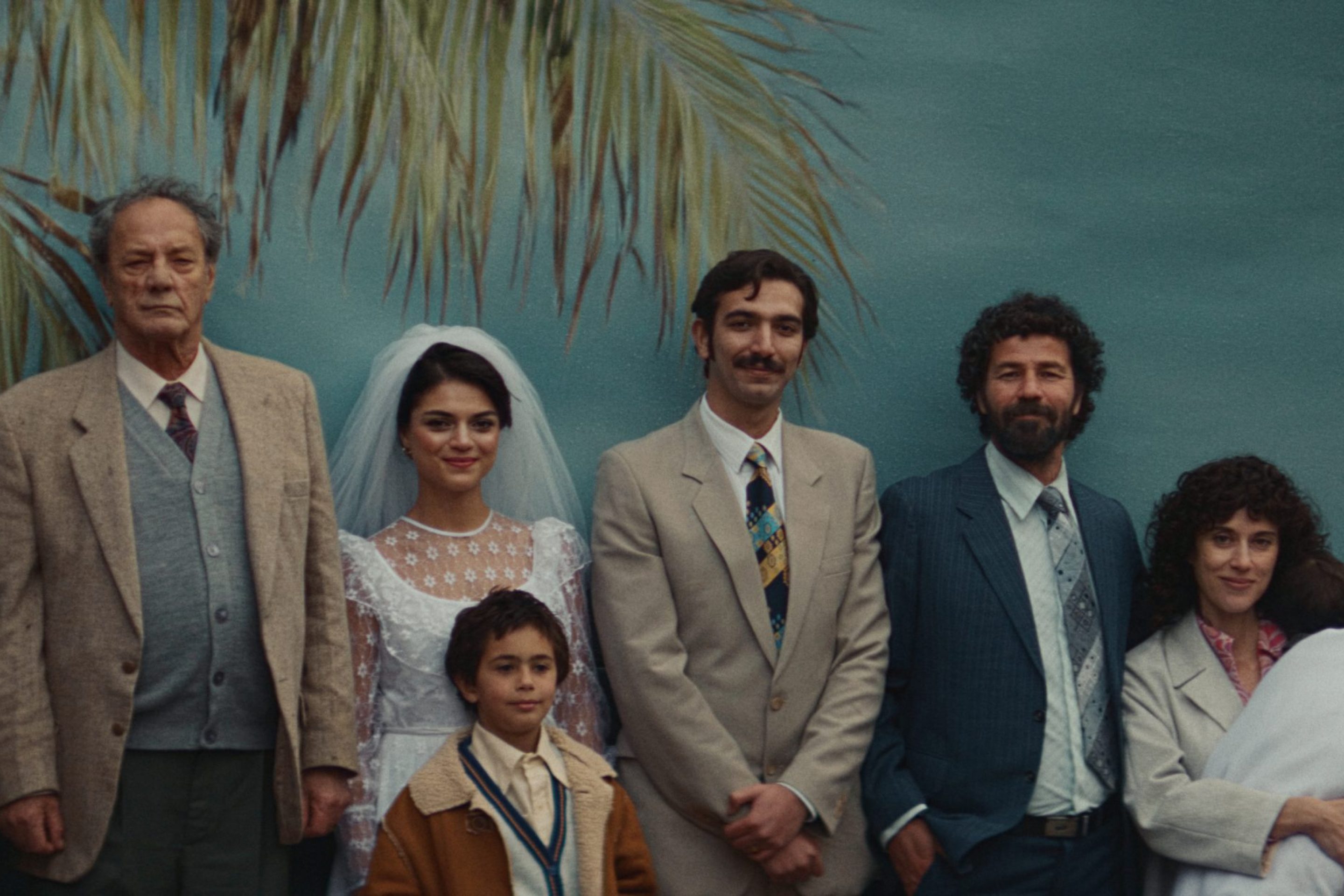In a Friday news dump and ensuing revelations, Hockey Canada—the sport's governing body in that country—confirmed that its sexual assault problem goes far, far beyond anything like an isolated incident. Following a lawsuit first reported by TSN's Rick Westhead in May in which a woman accused eight Canadian Hockey League players of sexually assaulting her while she was intoxicated in a hotel room in 2018, Hockey Canada released a statement claiming it had just learned about another alleged group assault that took place in 2003 at the IIHF World Junior Championship.
Per Westhead's first report, the now-24-year-old woman said that she went to a bar in London, Ontario, in June 2018, where she was introduced to a player and his teammates. (All of the accused are listed as John Does in her lawsuit, which also named Hockey Canada and the CHL.) The members of the 2017–18 Canadian World Junior team were in town as part of a Hockey Canada event honoring them for winning gold at the tournament earlier in the year, and they arrived at the bar following a Hockey Canada Foundation Gala. The woman said that she was separated from her friends as the players bought her more and more drinks, and she eventually left the bar and had sex with one player at a hotel. Afterwards, she says, the player invited his teammates into the room without her knowledge or consent. From TSN:
According to the lawsuit, the players directed her to fondle her genitals, and perform oral sex on them. The players also allegedly straddled the plaintiff while placing their genitals in her face, slapped the plaintiff on her buttocks, spat on her, ejaculated in and on her, engaged in vaginal intercourse with her, pressured her from leaving the room when she tried to, and engaged in other sexual activities with her.
The lawsuit added, “At times the plaintiff was crying and attempted to leave the room but was directed, manipulated and intimidated into remaining, after which she was subjected to further sexual assaults.” It says that the players further pressured her to state on video that she was sober, to take a shower after the assault, and to not report their actions to the police. Hockey Canada claims that it did in fact learn of these allegations in 2018 and informed the authorities, but the woman would not cooperate with an investigation or name any individual players. In the same story breaking the news of the lawsuit, Westhead reported that Hockey Canada had reached a settlement with the plaintiff, which covered all the co-defendants, including the individual John Does.
This lawsuit became public amid growing coverage of sexual misconduct in the NHL and its developmental pipeline, in cases concerning both individual players and the apparent institutional rot of the Chicago Blackhawks. This story expands the spotlight to the rest of the sport, because the World Juniors serve as the most prominent gathering place for all of the NHL's incoming young talent. The Canadian team, in particular, is to hockey what Alabama or Ohio State is to the NFL, and as such almost every potential John Doe is an active NHLer. Already, players like Cale Makar, Carter Hart, and Robert Thomas have either personally or through their agents denied any involvement in the assault. The London Police announced on Friday that, after an initial investigation that lasted from June 2018 to February 2019, they will be reopening their inquiry into the accusations.
The question of whether this is an institutional issue becomes sharper with the reveal of an alleged 2003 assault by Hockey Canada players, ahead of new reporting from Westhead. That 2003 team, which finished second at the World Juniors, was also filled with future pros and contained several players who went on to long NHL careers. On Friday, TSN covered the alleged existence of a six- or seven-minute video that showed players from the 2003 World Juniors team sexually assaulting a non-responsive woman, which was corroborated independently by the owner of the borrowed camera used to make the video and two people who said they watched it in an apartment on VHS in 2003. The police in Halifax, which co-hosted the 2003 World Juniors, now say that they are looking into the allegations. From that story:
[T]he video began with a Team Canada player standing outside of a room, answering questions as if he were doing a pre-game interview with the person holding the camera, who is not identified.
The player told the camera operator that viewers were about to see "a fucking lamb roast,” the three sources said. After the hallway interview, the camera was then carried into a room with a pool table, the source said.
The video shows roughly a half-dozen players taking turns having sex with a woman who was non-responsive and lying face up on the pool table, the source said.
That these alleged assaults happened 15 years apart, and involved players who were not regular teammates or tied to any one club, would indicate that there is a longstanding problem in Canadian youth hockey. So would the revelation from Hockey Canada president Scott Smith that the organization had received additional complaints of recent sexual misconduct over the years, and maintains a separate fund to cover uninsured liabilities including those claims.
It's Hockey Canada who shoulders the responsibility for any kind of endemic issue, because for almost anyone who picks up a stick to play in an organized league, they're the ones at the top of the hierarchy, overseeing the programs that get and keep people skating. That's also what makes this an issue that touches more people than if these accusations had been directed solely at NHL franchises. As noted by The Globe And Mail last week, it is the millions of dollars in player registration fees the organization collects that help provide the fund that Hockey Canada can draw on to settle claims of sexual assault. Any parent or player who's ever given money to Hockey Canada now knows their own unwitting role in the silencing of victims and the perpetuating of a rotten culture. Prime Minister Justin Trudeau gave voice to that frustration last week and called for a "real reckoning" within Hockey Canada. Without the trust of parents, he observed, youth hockey in Canada can't function properly.
“A few years ago I had my son in hockey, and when I think about the culture that is apparently permeating the highest orders of that organization, I can understand why so many parents, so many Canadians who take such pride in our national winter sport, are absolutely disgusted,” Trudeau said. A day later, his Minister of Sport, Pascale St-Onge, announced a federal funding freeze for the organization.
Hockey Canada is aware, at least, that's it's facing a PR problem. On Monday it released a so-called "Action Plan" meant to combat its issues with the euphemistically named "toxic behaviour" that has dogged the organization. There are unsurprisingly vague commitments to things like improved training and "character screening" for its top teams. Slightly more intriguing is the revamped independent and confidential complaint system, the results of which will be published in an annual report.
That plan might be enough to get them through their next round of hearings this week with the Standing Committee on Canadian Heritage, but the task ahead is almost incomprehensibly vast, both in its tangible aims to make everyone involved in hockey across the country more alert and knowledgeable about sexual misconduct, and in the even less straightforward path to repairing the damage already done. Hockey Canada's issues have created a cloud of suspicion covering every player, guilty or innocent, who's ever been involved with it, and that cloud follows them to their future in the NHL as well as back toward the places they started, where these cases might discourage the next generation of players and fans from getting involved with the game in the first place.
When an organization screws up this badly, the impulse to destroy it completely is understandably stronger than the willingness to listen to a plan to fix what's broken. But Hockey Canada will likely remain the gatekeepers of its sport in its country. And without radical changes, it will also remain another stumbling block for anybody hoping to keep loving the game.






